At first glance vinyl and laminate floors may look quite similar, so it’s no surprise that people often find themselves trying to make a decision between vinyl versus laminate. When looking at vinyl versus laminate flooring, there are countless factors to consider.
Historically, vinyl and laminate may have been considered to be fairly similar products, but with the evolution of technology in the flooring manufacturing industry, that’s no longer the case.
Both products are advertised as budget-friendly, durable, and reasonably easy to install, and both come in a variety of looks that can mimic wood, tile or natural stone. While they may appear similar there are several significant differences between the two types of flooring and in most cases, vinyl is the superior choice for most projects.
With luxury vinyl planks (LVP) becoming increasingly popular, there are more options than ever when it comes to choosing a vinyl floor. To make your choice as easy as possible, here are the key differences between vinyl and laminate floors.
Flooring Composition
While both vinyl and laminate are constructed in a similar way, the products used to do so are different. Both are manufactured with a photographic image as the top layer, the middle “wear” layer, and a backing system.
Laminate is made from high-density fiberboard (HDF), which is comprised of recycled hardwood. The core layer is a rigid fiberboard, which is made from the HDF bonded together with melamine resins. It’s best suited to climate controlled areas, and not appropriate for humid or high moisture areas, as it is not waterproof. Thickness can range anywhere from 8 to 12 mm.
Vinyl is made from 100% synthetic materials and is typically made of four layers. The base layer, which is the backbone of your luxury vinyl plank, the solid vinyl, the printed layer which is what replicates the look of hardwood or stone, and the wear layer, which is what protects the plank. Vinyl flooring can be used in just about any application as it’s waterproof. Thickness usually ranges up to about 5mm.
Durability
When choosing a new floor, durability is always a consideration. While both vinyl and laminate have a similarly expected lifespan, it’s how each product wears over time that matters most. As laminate is mostly made of fiberboard composite and is susceptible to swelling and vulnerable to water damage. It’ll soften and swell if exposed to water for any prolonged period of time, and this can compromise the integrity of the floor. The biggest danger with laminate is when standing water is left too long and the water then seeps through the seams and gets into the fiberboard core.
Manufacturers of the laminate are working to create a truly waterproof product, however, at this time the best you can expect is for a laminate floor to be water resistant. This means areas like bathrooms or anywhere you run the risk of having standing water are not ideal locations for its use. It’s also not recommended for areas of high moisture and humidity as this can cause swelling and shifting in the floor.
Vinyl floors are 100% waterproof, which makes it an excellent option for any areas at risk of moisture damage, like bathrooms, kitchens, and even basements. It’s also extremely heat resistant, so it’s well suited to hot climates.
Vinyl floors have the ability to expand and contract making it an ideal choice for high traffic areas. Plus, with its sound reducing padding it can be used to soften noise is a multi-unit dwelling or other situations with a lot of foot traffic.
Also, vinyl flooring is extremely resistant to dents and scratches, so the appearance of the floor will stand the test of time. With regular cleaning and care vinyl floors are likely to keep that “brand new” look much longer than a laminate floor.
Ease of Installation
Vinyl floors come in two installation options making them easy to install, Vinyl floating floors and laminate both using an interlocking system and not requiring a sealant. The overall time spent doing the installation of vinyl or laminate will be considerably less than with a hardwood or tile floor.
Before you consider installing a floor, the condition of the floor below will be a factor. As laminate is a hard product, your subfloor needs to as smooth and even as possible. Vinyl telegraphs to the surface more which means it’s flexible, so a perfectly even surface for installation is less of a concern.
SPC floors have an attached pad, whereas only some laminate options do. Underpadding may be required to go below laminate planks, which will add additional time to the project. Poorly installed laminate without the correct underpadding may result in a hollow, empty sound when walked on.
Although more and more people are moving towards DIY when it comes to installation, you’re still always going to get the best results using a professional.
Look and Style: From Wood to Stone
A both vinyl and laminate products use the same 3D print technology, each one can mimic the look of a variety of natural materials like wood and stone. Due to advances in manufacturing technology, both can look ultra-realistic. However, vinyl has an embossing on the wear layer making them look and feel like real wood by adding grooves and lines in the pattern of wood. Vinyl can be bought in planks, tiles or as a sheet. Laminate is sold in planks, so if you’re going for the look of hardwood, both options are suitable.
Lifetime Value of Your Flooring
There’s no question that vinyl and laminate are almost always a less costly option than hardwood or tile. Both laminate and vinyl floors are usually comparable in price, but LVP offers better lifetime value due to its durability and water resistance.
Who Wins The Battle Of Vinyl Versus Laminate?
Like any other products on the market, there’s a broad price range for each flooring option. one. For laminate the cost is based on the quality, the thickness, whether it has an attached pad, and sometimes even the color. Vinyl also comes in a wide range of price points because there are so many varieties available on the market.
Are you about to tackle a flooring project and are wondering if vinyl flooring might be right for you? Click here to request more information or get a flooring sample.
- You’re Invited to Urban Access! - June 18, 2024
- How to Become an Interior Designer - April 12, 2023
- BIM Objects Now Available To Download - September 22, 2022
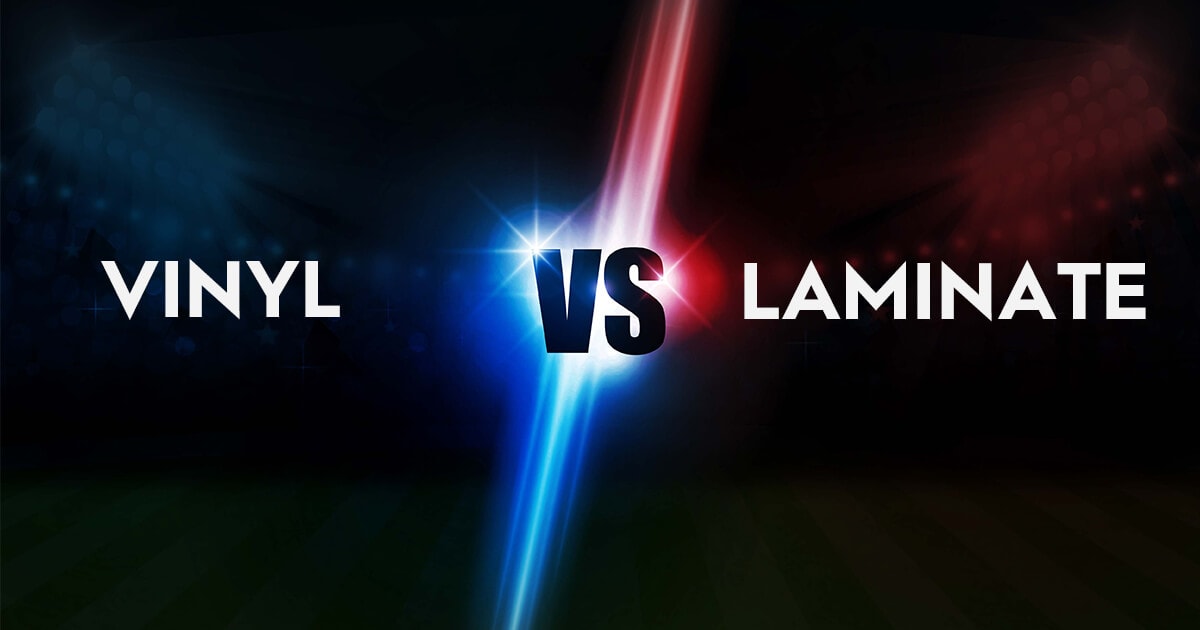


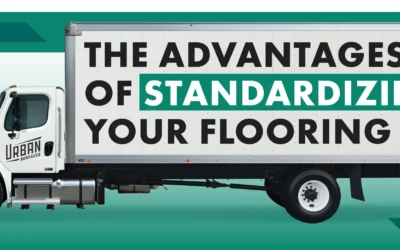
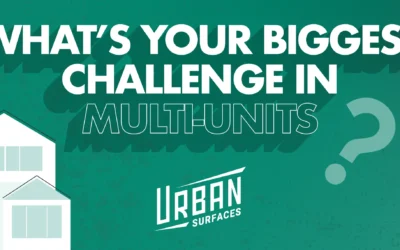
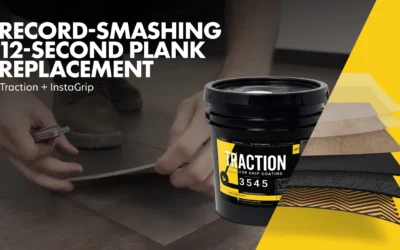
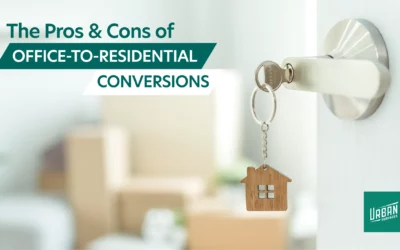
HI, I am converting my basement concrete floor to dancing studio by installing Vinyl laminate flooring which has padding along with that. But as Indian dancing has lots of stamping, planning to go for more cushion by adding 3mm with a moisture barrier of plastic sheet. Please let me know if its ok to do it or I have to skip the extra padding? Thank you
https://floorfactoryoutletpv.com/laminate-flooring-padding/